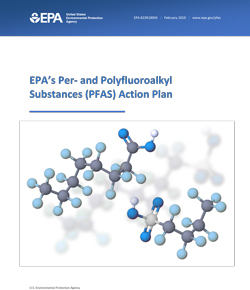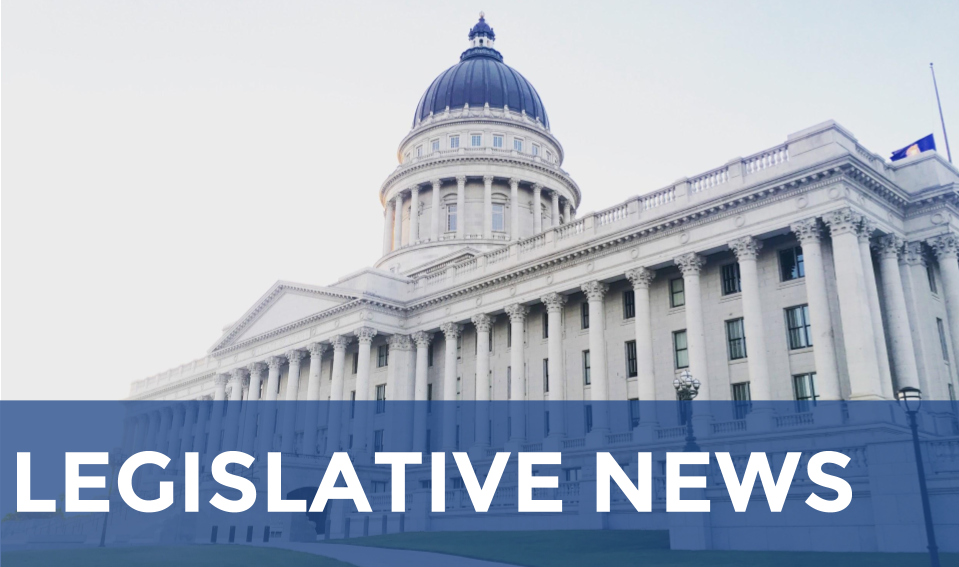2019 CASA Priority Bills: “Flushable” Wipes and Ocean Discharge Ban
February 22 was the bill introduction deadline for the 2019 legislative session. In the weeks leading up to the deadline, hundreds of bills were introduced, including many of interest to CASA members. Over the next month, bills will be referred to different policy committees and hearings will begin. All introduced legislation will be heard by the end of April. Two bills we have identified as high priority for the CASA membership include:
- AB 1672 (Bloom) – CASA’s sponsored bill relating to labeling of “flushable” and non-flushable wipe products. Introduced as a “spot bill” using placeholder language, it will be amended with substantive provisions in the near future and subsequently referred to a policy committee.
- SB 332 (Hertzberg) – A bill requiring wastewater agencies to eliminate ocean and bay discharges of treated effluent by 50 percent by 2030 and by 95 percent by 2040. CASA has taken an “oppose” position on this bill. We will lead a coalition of interested parties in the coming months to advocate for the water and wastewater community perspective. We will also promote appropriate and feasible alternatives for maximizing water recycling in California.
In addition to the two bills mentioned, CASA flagged more than 100 introduced bills that potentially could impact CASA members. On Friday, March 15, the CASA State Legislative Committee will meet and take positions on all of the new legislation.
Stay tuned for a more in depth look at legislation in 2019.
Federal and State Regulators Highlight Efforts to Address PFAs
 Last month, federal and state policymakers announced respective plans to develop regulations to address concerns with per- and polyfluoroalkyl substances. PFAs are a group of man-made chemicals that have been manufactured and used in a variety of industries around the United States for over sixty years. PFAs chemicals do not break down. Instead, they accumulate, and evidence shows exposure to these chemicals can lead to adverse human health effects.
Last month, federal and state policymakers announced respective plans to develop regulations to address concerns with per- and polyfluoroalkyl substances. PFAs are a group of man-made chemicals that have been manufactured and used in a variety of industries around the United States for over sixty years. PFAs chemicals do not break down. Instead, they accumulate, and evidence shows exposure to these chemicals can lead to adverse human health effects.
The United States Environmental Protection Agency unveiled their action plan to address PFAs. The two actions under consideration include:
- Evaluating whether to issue a proposed rule setting of a maximum contaminant level for two PFAs constituents.
- Initiating regulatory steps to designate PFAs as hazardous substances with the potential impact to the land application of biosolids if they contain trace amounts of PFAs.
Similarly, the California State Water Board will meet on March 6 to take up PFAs for the first time formally. Their staff will present their proposed phased investigation action plan that entails investigating high risk locations and testing drinking water systems.
CASA will continue monitoring both state and federal legislative and regulatory developments on PFAs.




 @CASA_CleanWater
@CASA_CleanWater